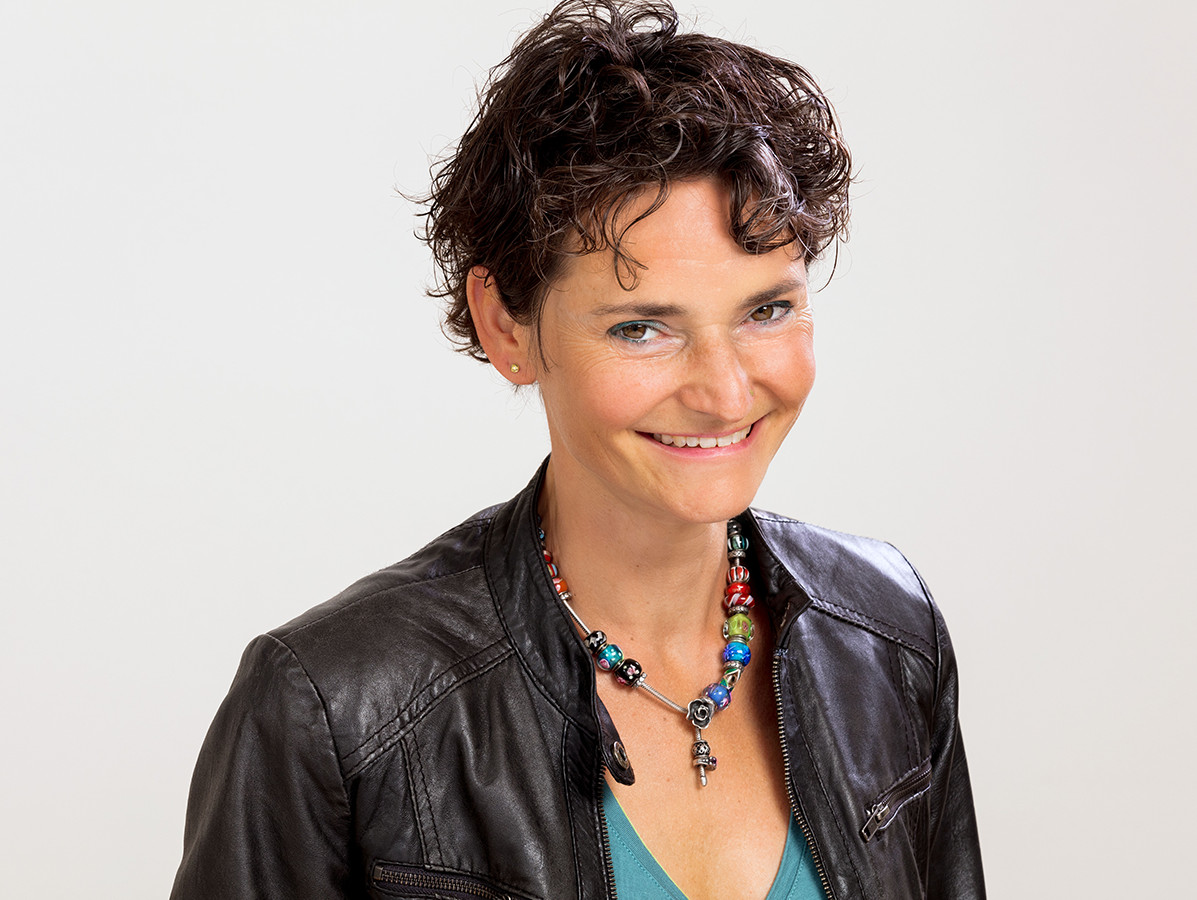
My digital alarm clock is broken. In the middle of the night, when I'm sound asleep, it suddenly starts beeping. I sat up straight in bed, my heart pounding in fright. I drowsily turn off the alarm, turn over and go back to sleep. Shortly after, it starts beeping again. A power failure? Maybe. Angry, I pull out the plug, running the risk of oversleeping. I try to get back to sleep. Apparently I succeeded, because the next morning - a few minutes before the alarm clock was supposed to go off - I woke up feeling fairly fit.
In the attic there's an old alarm clock: one with a spanner to wind the mechanism, two bells on top and a hammer in between. In the silence of the following night, its mechanical TIKTAKTIKTAK sounds unbearably loud. I am no longer used to this. I banished it to the living room, and went back to bed. Fortunately, my wake-up call comes exactly on time again the next morning: my biological clock is apparently tightly programmed. What a miracle of ingenuity, I think, a brain. But do I dare trust it? I think it is time for a new clock.
Last year was a real wake-up call. Having to work from home (how many people overslept without anyone noticing?), it became clear how dependent we are on streamlined digital systems. And these turned out to be outdated and ramshackle in places. Many people got worked up about this. Many heads short-circuited when things lagged again. It was a wake-up call for many entrepreneurs. Are we still up-to-date?
It is time to take steps, because there are many challenges ahead. The climate crisis is already causing major changes in many areas. All kinds of new legislation is being drafted to reduce emissions and prevent waste. We are faced with staff shortages due to an ageing population. The need to work more efficiently and save costs is great.
In order to keep up with the times, digitisation is indispensable: in addition to the ingenious human brain. This is your wake-up call!
Judith Witte
[email protected]
Source: Vakblad Voedingsindustrie 2021